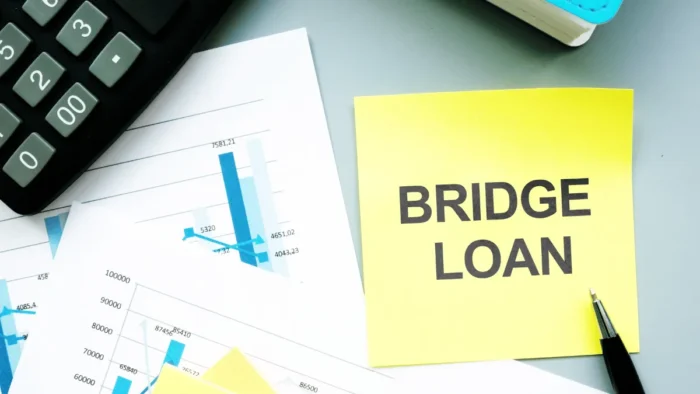Do you need to take out a loan but aren’t sure how they work? Perhaps you have a loan but aren’t 100% on how the process works? Maybe you are considering a payday loan or installment loan and want to know more about them? Whatever your reason might be, we have the answer for you!
We know how stressful money issues can be, especially if the way out is confusing. The world of loans can be murky and leaves many of us stressed out and unsure where we stand. We need money but aren’t sure how to get it.
Well, no more! Today we are here with all the answers you need. Keep reading to find out how loans work to help you decide and find the best loan today.
What is a loan?
Let’s get straight into it! A loan is a commitment between you (the borrower) and the lender (a bank or loan company). The lender will lend you the agreed-upon money in the form of a loan. This loan could cover the purchase of a car, emergency medical bills, or the mortgage to buy a house.
Each loan will have slightly different terms, including the amount borrowed, the time you have to pay it back, and any interest you will be charged. Interest is usually given as a percentage, say 9%, and it means you will also pay 9% in interest on top of the money you borrowed. This interest is usually how the lender will make money from the loan.
Types of Loan Interest Rates
There are a few different types of interest, and it’s best to check which one your loan has before moving forward. Ideally, you want loans with fixed interest rates that won’t go up while paying back the loan. This helps to keep your repayments low and prevents you from spending more than you need to on the money.
The loan terms will also include any charges you could face and any assets you used to secure the loan. For example, some people will place a deposit to secure a loan or their car. These are known as secured loans and provide the lender with confidence that they can reclaim their money. The asset or collateral is used to guarantee that you will make the repayments on the loan. Failing to do so can result in you losing the asset, i.e., the lender will take your car and sell it to recoup their money.
You can also have unsecured loans where you don’t need collateral to receive the money. Payday or instant loans are often like this, but they come with extremely high-interest rates, so proceed with caution when taking one of these loans.
Repayment plan
Once the loan is agreed upon and the money in your account, you will need to pay the money back. Some loans will offer you a few months (such as three) before you need to start repaying the loan. Others will require you to start paying the money back straight away.
You and the lender will agree on a repayment plan which can be anywhere from a few months to years, depending on the loan. Every month you will be expected to pay the agreed-upon amount to the lender on time. If you are late or miss a payment, you can incur late or missed payment fees. These fees can vary in price depending on the type of loan you have. You might also incur more interest charges as a result.
Should you miss a few payments on the loan, you will be considered to have defaulted. At this point, the lender will contact you in an attempt to get their money back. If you are struggling to pay back the loan, it’s best to contact the lender before missing a payment. Often, the lender will be able to lower your repayments to accommodate. It’s better to contact them than stop paying (as it can worsen your credit score).
If the lender cannot get the money from you, you can face court charges, or your debt will be passed to a third-party debt collector. If you secured your loan with an asset, it would be seized and sold with the money going to the lender. Debt collectors can sometimes charge their interest rates, so it’s best to avoid the situation entirely; otherwise, you can find yourself owing more money.
Final word
And there you have it, how loans work! We hope this gives you a clearer insight as to how loans work to help you go forward and find the right loan for you. Remember to read the fine print clearly and make all your repayments on time to avoid any unnecessary charges along the way!





